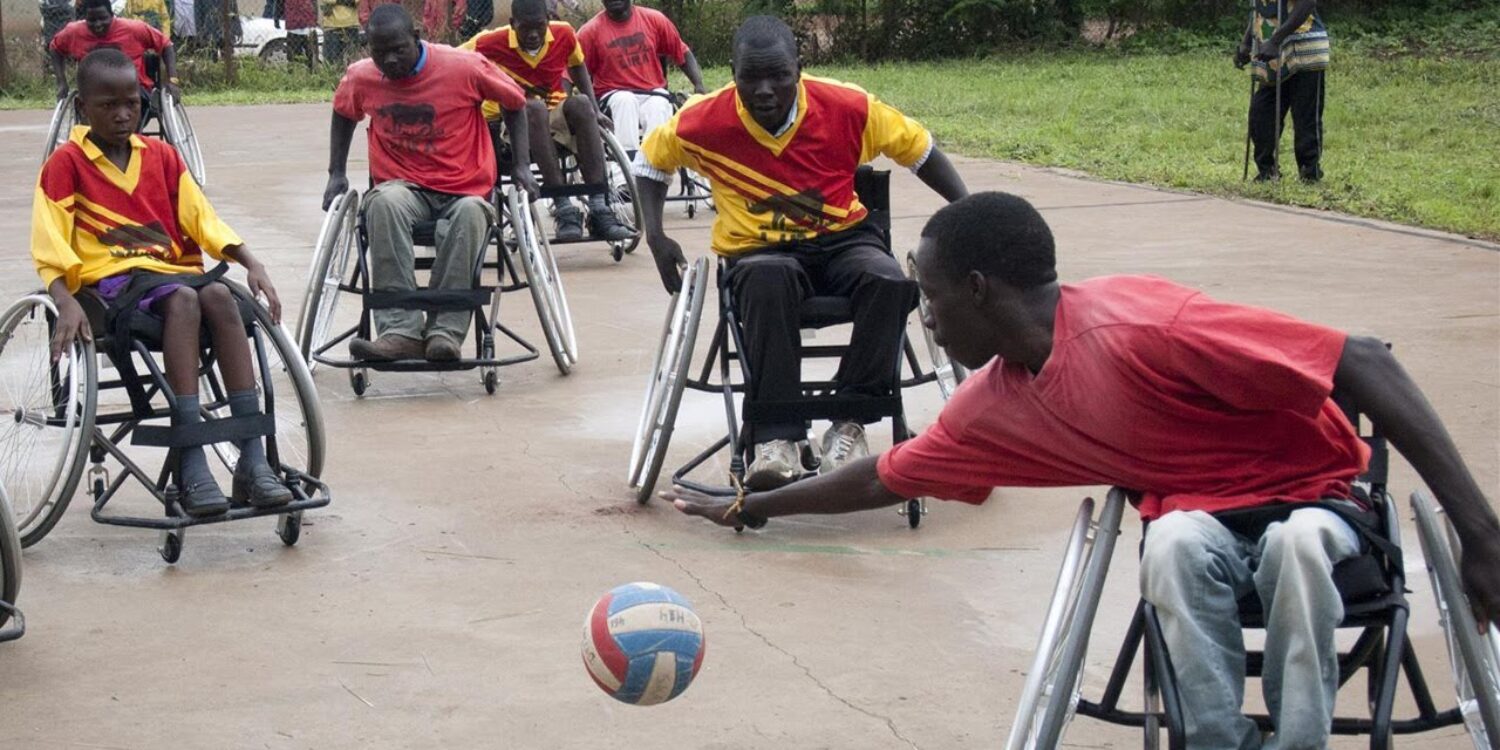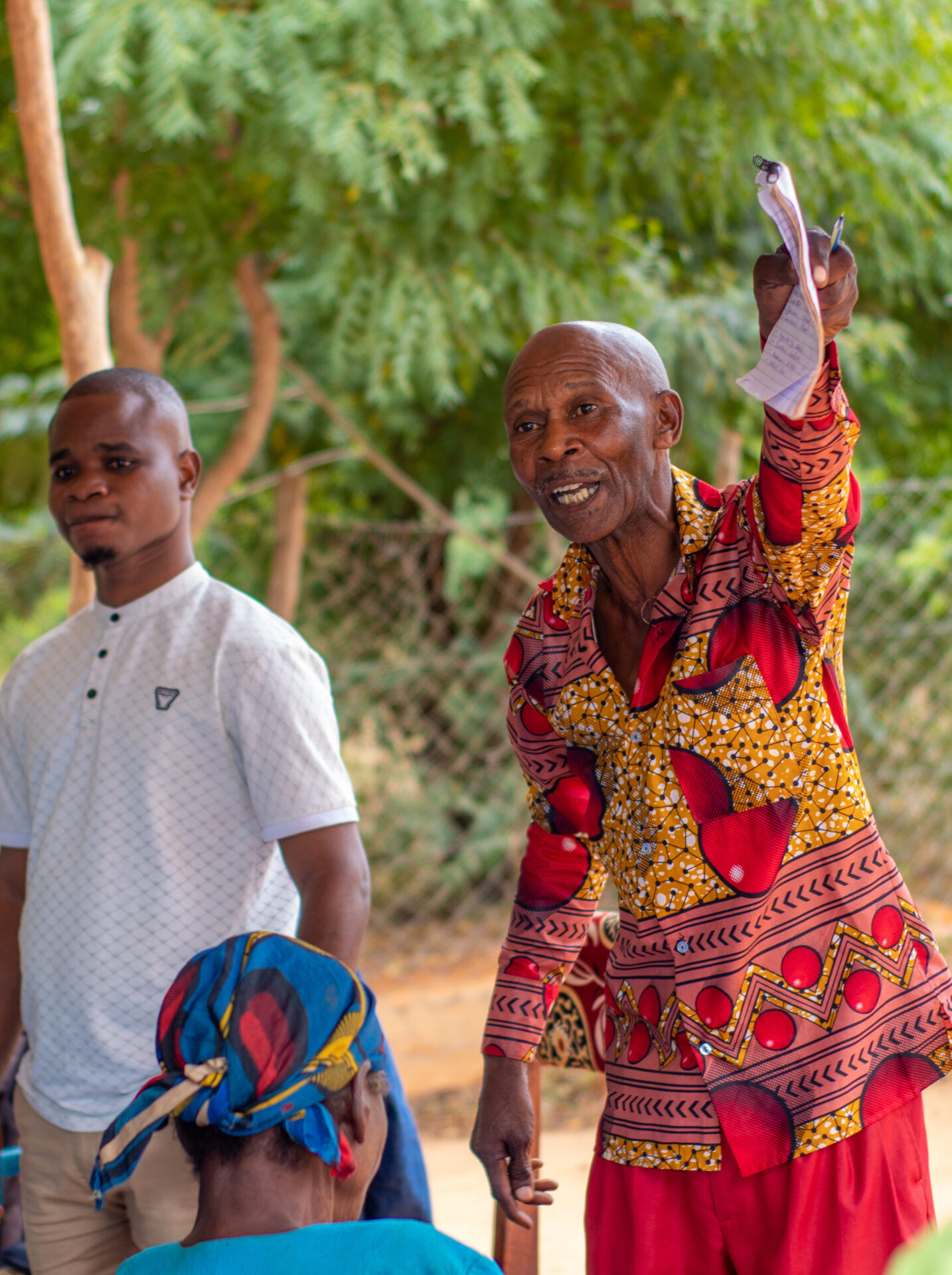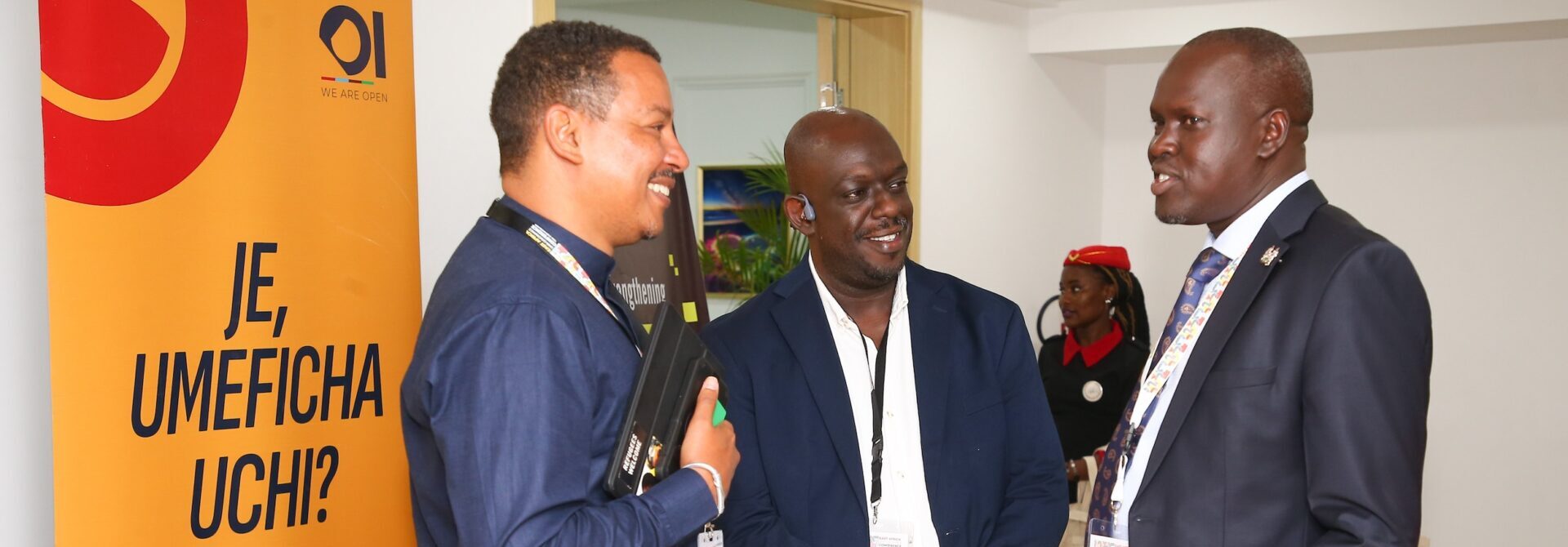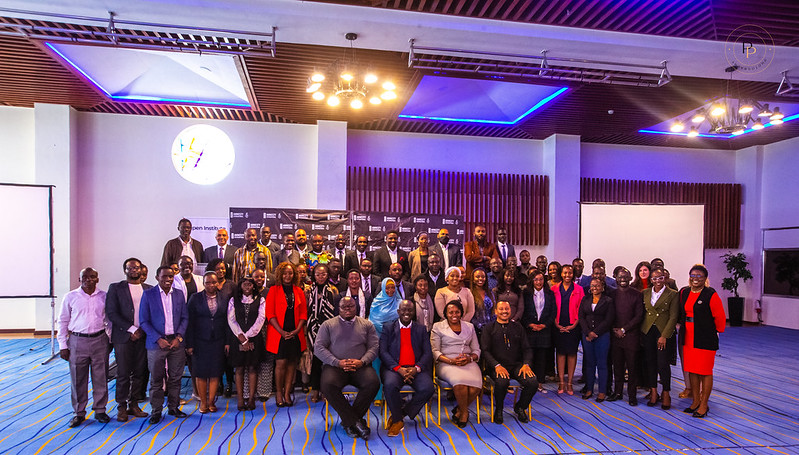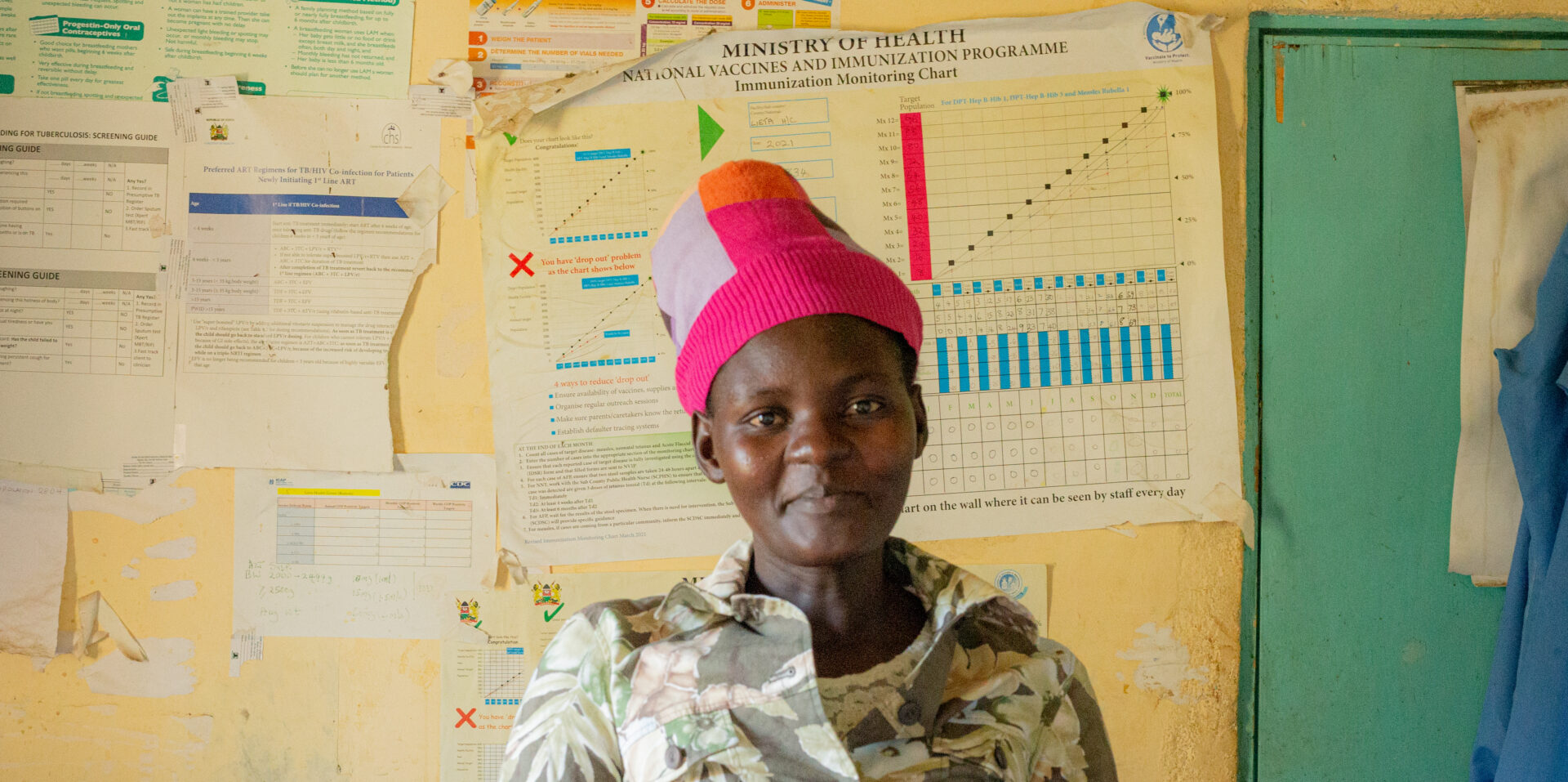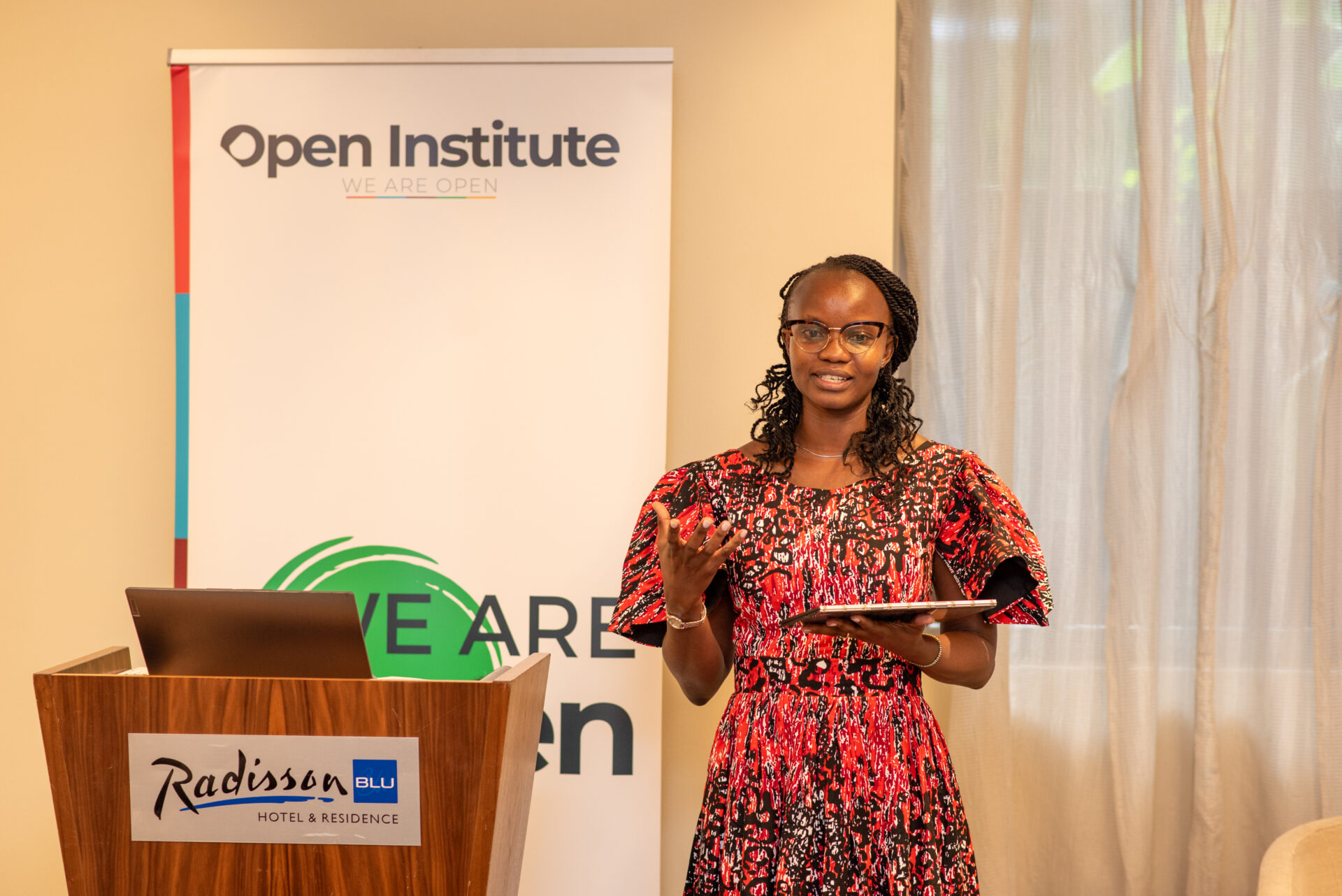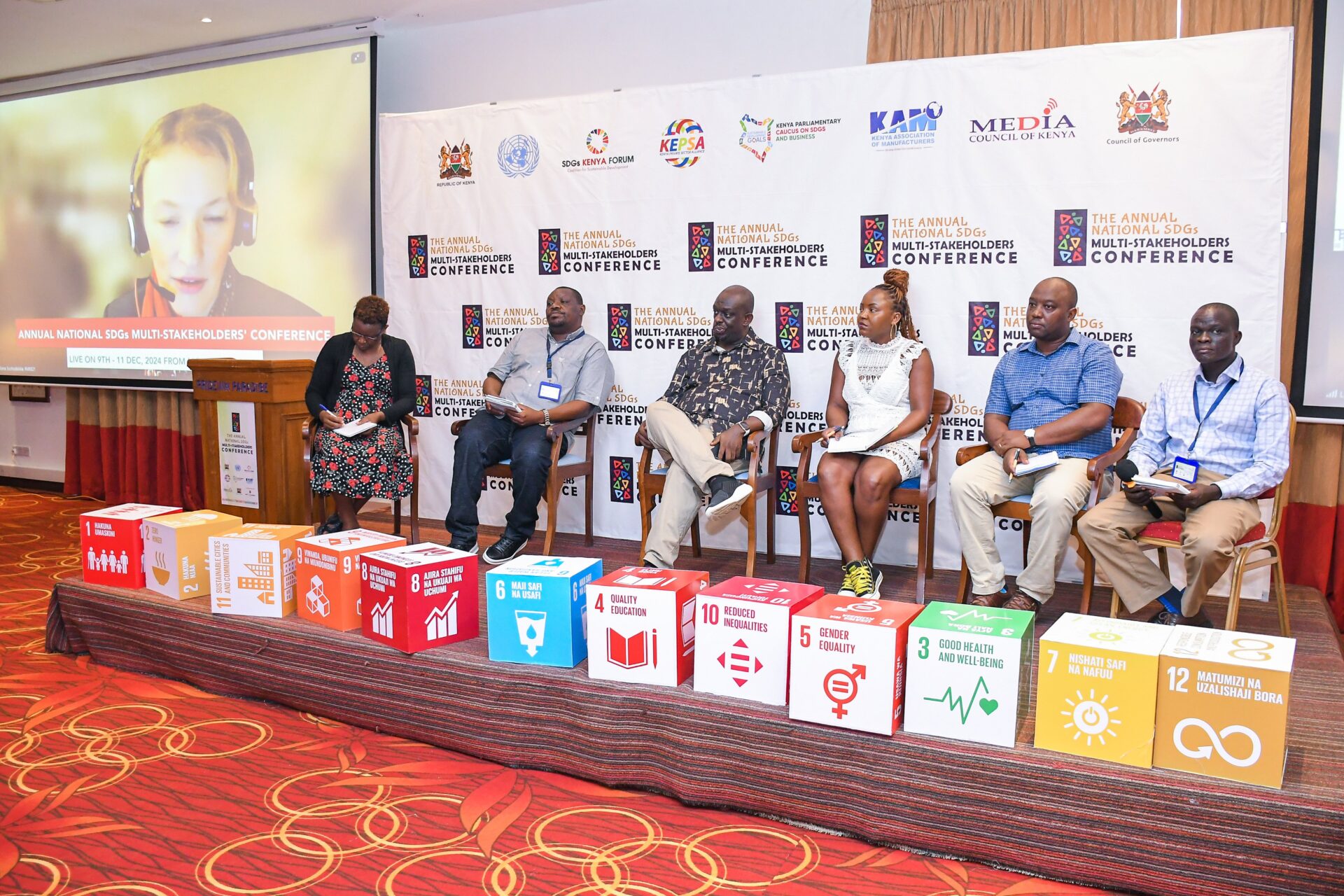Do me a favour: think back to earlier this morning when you were getting yourself showered and dressed. Perhaps like me, you enjoy catching up with the news on in the background, or your favourite Soundcloud playlist as you get your day started. You did those regular things like shave, do your hair, fix your tie, a touch of make up maybe, make your bed, open the curtains and windows for fresh air.
Let’s say you go round to the kitchen and prepare simple packed lunch – sandwich maybe, take your usual vitamin tablets, change the cats litter and fill up her food and water bowls. Then imagine it’s one of those days the doorbell rings and you think ‘yes, my Amazon package is here!’, so you grab your keys, unlock the front door, pleasantries with the mailman, sign and say goodbye. Now it’s back to the room to grab your phone and order your Uber, pick up your bag, then the remote controls to switch off the radio or telly and turn off all your lights. You put on your shoes and of course you can’t forget that amazing four layer piece of heaven you’ll have for lunch!
What did that feel like? Normal? No big deal?
Now, think of doing all those things again, plus other little things in your morning routine, but without your thumbs. All your eight fingers, yes, but not your thumbs. Turning on the shower tap and picking up the shower gel to squeeze onto your sponge, buttoning up your shirt, putting your legs into your trousers, opening the windows, the make up, the tie.
Stop rewind: do it all without your eyes. Shaving and doing your hair, finding the remote controls and the correct channel, picking up the correct fillers and spreads for that sandwich, remembering which plug-in sockets that need turning off before you leave, calling the Uber, picking up the right cat food and not trampling over the poor thing.
Stop rewind: do it all without your hearing. Might you have missed your Amazon package? Would communicating with the mailman or the Uber driver be as easy? What if you had a spouse and four children to also get out of the door? What if you lived with deaf-blindness or a mental health condition and you are staying in an Airbnb for a two-week work trip? If you are a paraplegic forced to live in an impoverished part of Africa or a war-torn city in the Middle East, what would THAT feel like?
These are the kinds of questions that birthed the Ability Project.
It is said that the measure of any society is the way in which it treats those in it who are different. Let me speak on the society, I know – Kenya. Only in 2010 did the Constitution of Kenya recognize the rights, privileges and protection of persons living with disability, but the national psychology leans heavily towards the assumption that the disabled are eternal children that cannot take care of themselves or others, that they are probably not particularly ambitious or adventurous because of their limitations, they are not an affluent part of the consumer market, they do not want or need jobs, they primarily need access to hospitals and other medical facilities because hey, that’s where they spend most of their time. It is assumed that they are not energetic, creative, clean, attractive, valuable or able to lead.
How can we change this ‘since-biblical-times’ long narrative? Well, I would start by NOT projecting onto and frightening our children to death by yanking them away from disabled people, warning them never to touch, speak to or look them in the eye because they might ‘catch it’! OK, that’s a whole other blog post altogether, but seriously what’s that about?
The Ability Project aims to gather data around the Nairobi Central Business District and clearly mark out how accessible these every day environments really are, by using the globally recognized concept of Universal Design as our compass. As explained by the Center for Excellence in Universal Design at the Irish National Disability Authority (NDA),“Universal Design is the design of a building, place, product Service or technology so that they can be accessed, understood and used to the greatest extent possible by all people regardless of their age, size, ability or disability.”
We understand that Rome was not built in a day, so the project is starting at zero by asking what are the absolute basic requirements needed in these environments so that any kind of person can be as fully functional as possible in them. Our team of 40 volunteering university students will be trained, equipped and ready to collect accurate data inside and outside every building, of every street in the 17 zones we are set to cover in Nairobi’s Central Business District.
We will check for many various details, including:
- how big are the main entrances?
- Do they have automatic or manual doors?
- Door knobs or doorhandles?
- Is there step free access leading up to the entrance?
- Clear signage with contrasting colors?
- Can you see a functioning lift with braille, visual and auditory prompts?
- Are the pavements flat, clear of obstacles and at least 3m wide?
- Are the streets well lit?
- Can you identify disabled parking spaces?
- Do the crossing points have slanted and tactile curbs?
- Are there bus shelters that are raised and clearly marked?
- …and more
Upon collecting and compiling this data onto onto an open StreetMaps map, The Ability Project’s next step will be to present these findings to a Government officials, policymakers, media houses, civil engineering giants, industrial designers, architectural firms, students, persons living with this ability and other stakeholders.
We aim to show the challenges in bite-size chunks surrounding accessibility, or lack there of, in the Nairobi CBD and we hope to prompt the start of a much wider discourse about sustainable solutions. You are catching the project at it’s very first baby step and you can continue to follow its progress through in this website and social media pages.
Do you feel you want to be involved in some way – or you can help in some way? You are welcome to reach out to us on ability@openinstitute.com
Crystal Asige is the team lead for the Ability Project.

